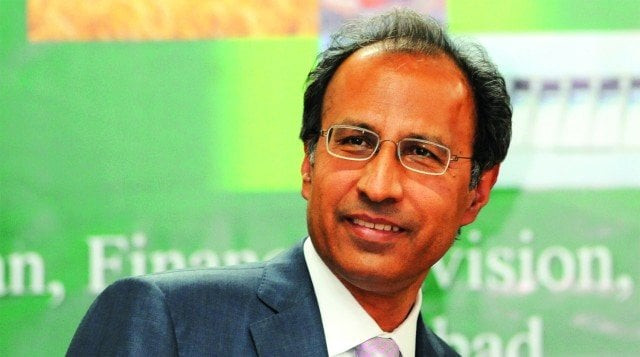Country’s WTO TFA compliance improves
Finance adviser says implementation level has reached 79%

Adviser to the PM on Finance Dr Abdul Hafeez Shaikh on Sunday said the country’s implementation level of the World Trade Organisation's (WTO) Trade Facilitation Agreement (TFA) had reached 79% in November this year against 34% in June 2018.
In a tweet, the adviser said Pakistan’s TFA implementation level was now greater than that of India and Bangladesh.
He added that on an average, it was even more than of all WTO countries.
“This facilitation is adding value to Pakistan's economy and creating new jobs.”
According to WTO, Pakistan’s ranking on ‘Trading Across Border Index’ has jumped by 28 places.
The rising trend is mainly due to considerably improved implementation of several measures under the TFA contributing to ease of doing business.
According to a statement recently issued by the Federal Board of Revenue, the implementation of WTO’s TFA by Pakistan is better than regional countries like India and Bangladesh, where implementation rates are 78.2% and 36.1%, respectively.
Pakistan’s implementation rate is higher than the average of all WTO members -- 65.5% -- as well as that of all developing countries -- 65.2%.
“Trade facilitation is an effective driver to stimulate economic activity, attract foreign direct investment, promote exports and generate employment. In line with the direction of the prime minister to thoroughly facilitate trade (import, export, and transit) to achieve the strategic objectives of economic and export-led growth, Pakistan Customs (FBR) followed an integrated plan,” the statement read.
The FBR chairman specifically designated dedicated project teams under member (customs) to ensure implementation of WTO’s TFA in the country. The teams worked industriously and all this resulted in substantial implementation (and compliance) with the TFA and have comprehensively facilitated national/regional/international trade.
The salient TFA reforms/provisions that have been implemented in Pakistan include the Authorized Economic Operators Programme, advance ruling, electronic payments, pre-arrival processing, freedom of transit, opportunity to comment and information before entry into force, temporary admission of goods and inward & outward processing, risk management and post clearance audit.
According to the WTO, among the most difficult-to-implement (and least notified) provisions are single window and border agency cooperation. Despite this, significant work has been done on these important areas with the help of the World Bank and the Asian Development Bank and these provisions would be implemented in Pakistan well within timelines.
(With input from APP)



















COMMENTS
Comments are moderated and generally will be posted if they are on-topic and not abusive.
For more information, please see our Comments FAQ